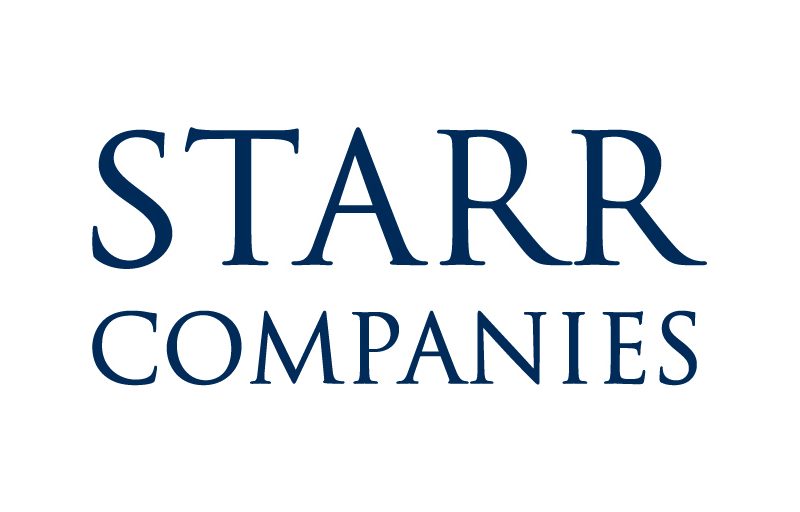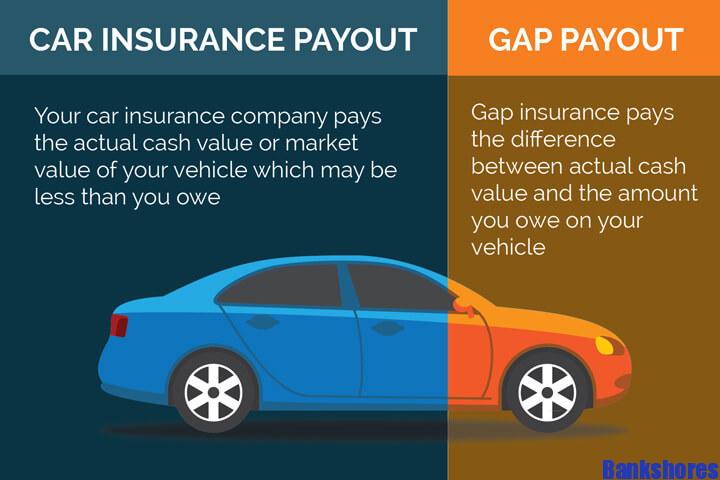Primed V. Starr Insurance: Insurance in Primed v. Starr In a recent ruling, Primed Pharmaceuticals LLC v. Starr Indemnity, the United States Court of Appeals for the District of Columbia Circuit reversed a $83 million jury judgment against a pharmaceutical firm for allegedly violating the patents for a medicine.
What is the Starr Indemnity Decision in Primed Pharmaceuticals LLC v. Starr?
Primed v. Starr Insurance
Primed Pharmaceuticals LLC v. Starr Indemnity & Liability Company, Case Nos. 16-1279,-1306, was decided by the Federal Circuit of the United States Court of Appeals on March 28, 2017. The Court of Appeals upheld the district court’s conclusion that Starr was under no obligation to defend or compensate Primed in the event that claims were made that Primed’s goods violated three AstraZeneca patents.
The dispute developed from a patent infringement lawsuit AstraZeneca brought against Primed in the District of Delaware’s US District Court. AstraZeneca claimed that the products manufactured by Primed violated U.S. Patent Nos. 8,598,039, 8,629,111, and 8,889,543 in that lawsuit.
Primed requested protection under commercial general liability insurance from its insurer, Starr. The “business risk” restriction and the “anticipated or planned” harm exclusion were the two grounds on which Starr rejected coverage. The district judge awarded summary judgment in favor of Starr after agreeing with Starr.
On review
What is the status of this lawsuit right now? Insurance in Primed v. Starr
The investigation is still underway.
Why is this case important? Insurance in Primed v. Starr
The Primed Pharmaceuticals LLC v. Starr Indemnity ruling is significant because it contributes to setting the legal precedent that an organization cannot be held accountable for the activities of its workers who are not acting in the course of their job. This case is important because it supports the idea that businesses are not liable for the unethical behavior of their workers as long as those individuals are not acting on the company’s behalf. The fact that this judgment offers advice on what acts may be deemed “beyond the scope of employment” and hence not traceable to the corporation makes it noteworthy as well.
How did this case make it all the way to the high court? Insurance in Primed v. Starr
Starr Indemnity was sued by Primed Pharmaceuticals for patent infringement, which is how this case got started. The district court ordered Starr Indemnity to pay damages after determining that they had violated Primed Pharmaceutical’s patent. The district court’s judgment was reversed by the Federal Circuit when Starr Indemnity challenged it there. The Supreme Court then heard an appeal from Primed Pharmaceuticals. Primed V. Starr Insurance
Why has this choice caused such a stir? Primed v. Starr Insurance
Because it has the potential to fundamentally alter how patent litigation is handled in the United States, the ruling in Primed Pharmaceuticals LLC v. Starr Indemnity has generated much controversy. The main issue in the case is whether or not a patent holder may be held liable for any infringement that takes place while the patent is in effect. The outcome might have a substantial influence on the amount of money spent on patent litigation as well as who eventually pays for it.
The bottom line in Primed v. Starr Insurance
Businesses should be aware of thePrimed Pharmaceuticals LLC v. Starr Indemnity ruling because it establishes a precedent for how courts will approach indemnity terms in contracts. This decision underscores that in order for indemnity agreements to be enforceable, they must be clear and unambiguous and that courts will not rewrite or interpret these clauses in a way that deviates from what they expressly indicate. In order to prevent any possible issues in the future, businesses should take care to make sure that their indemnity terms are carefully written and adhere to the standards outlined in this ruling.






